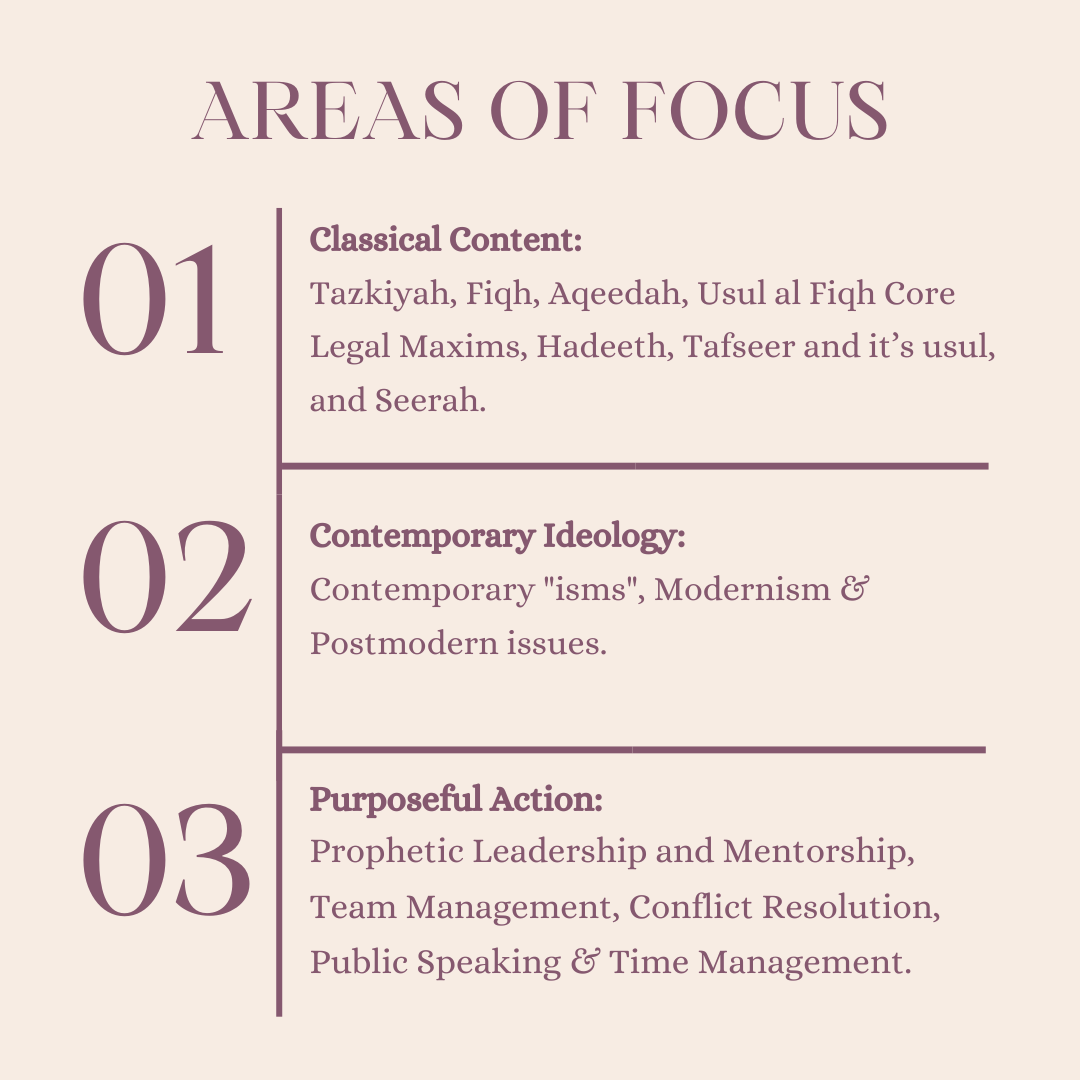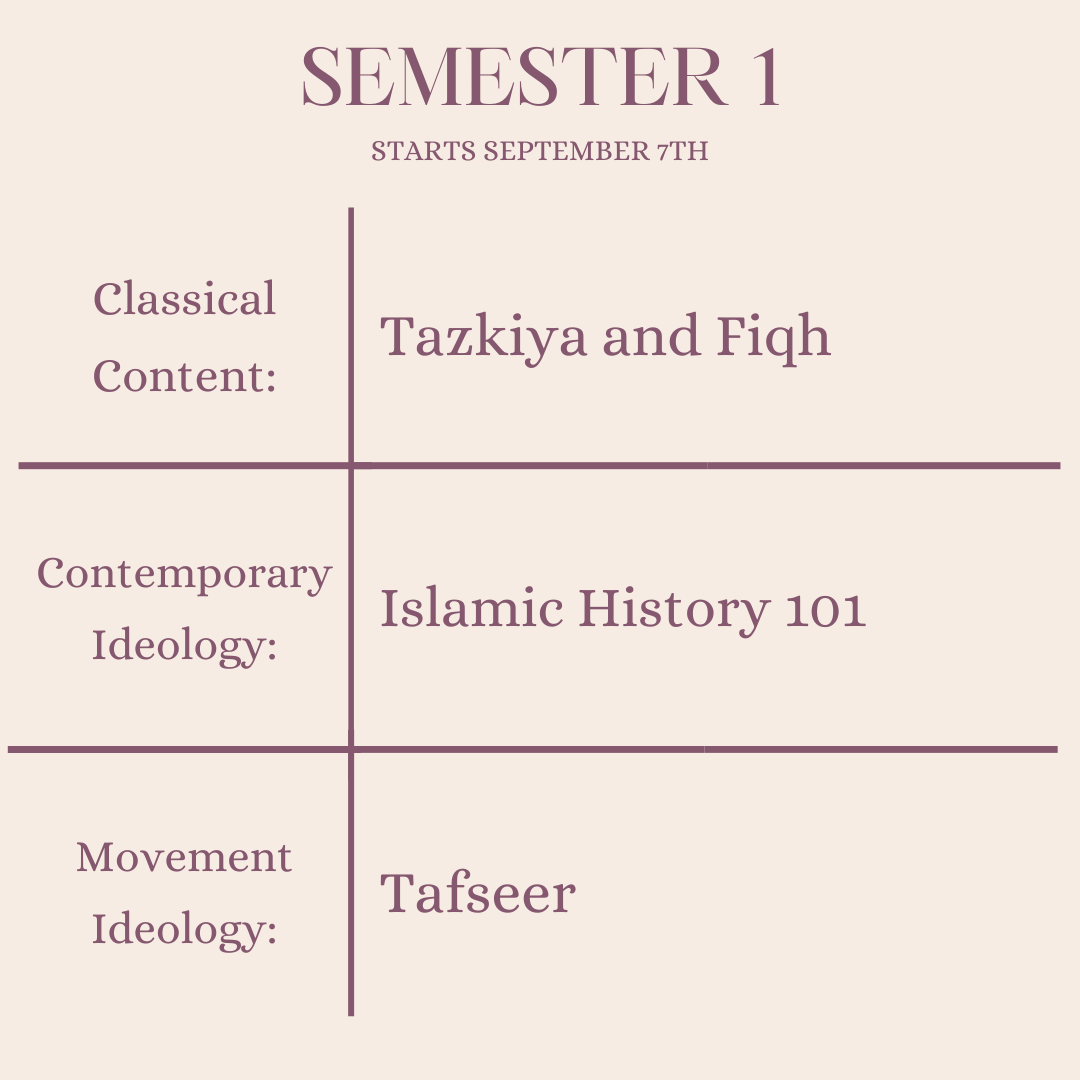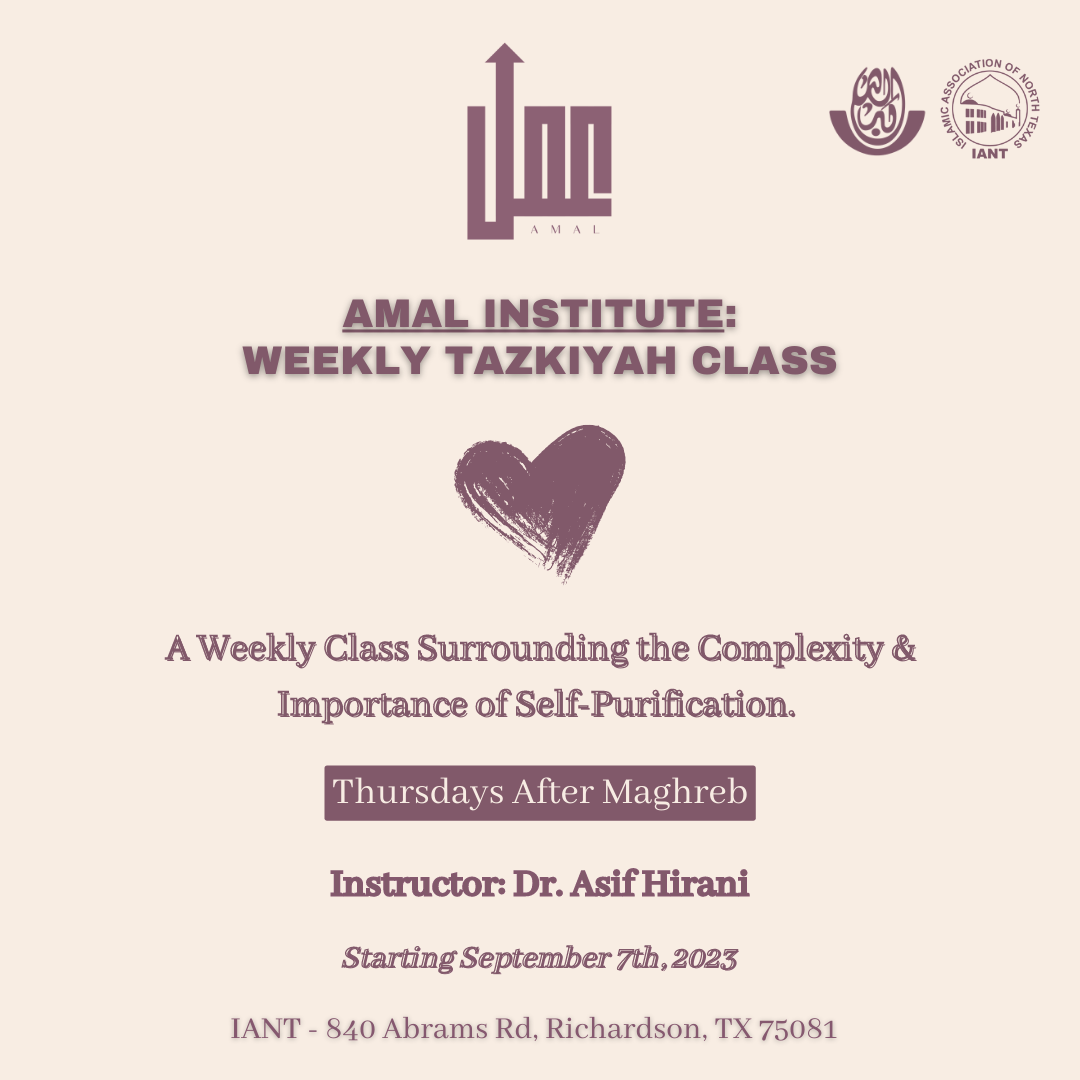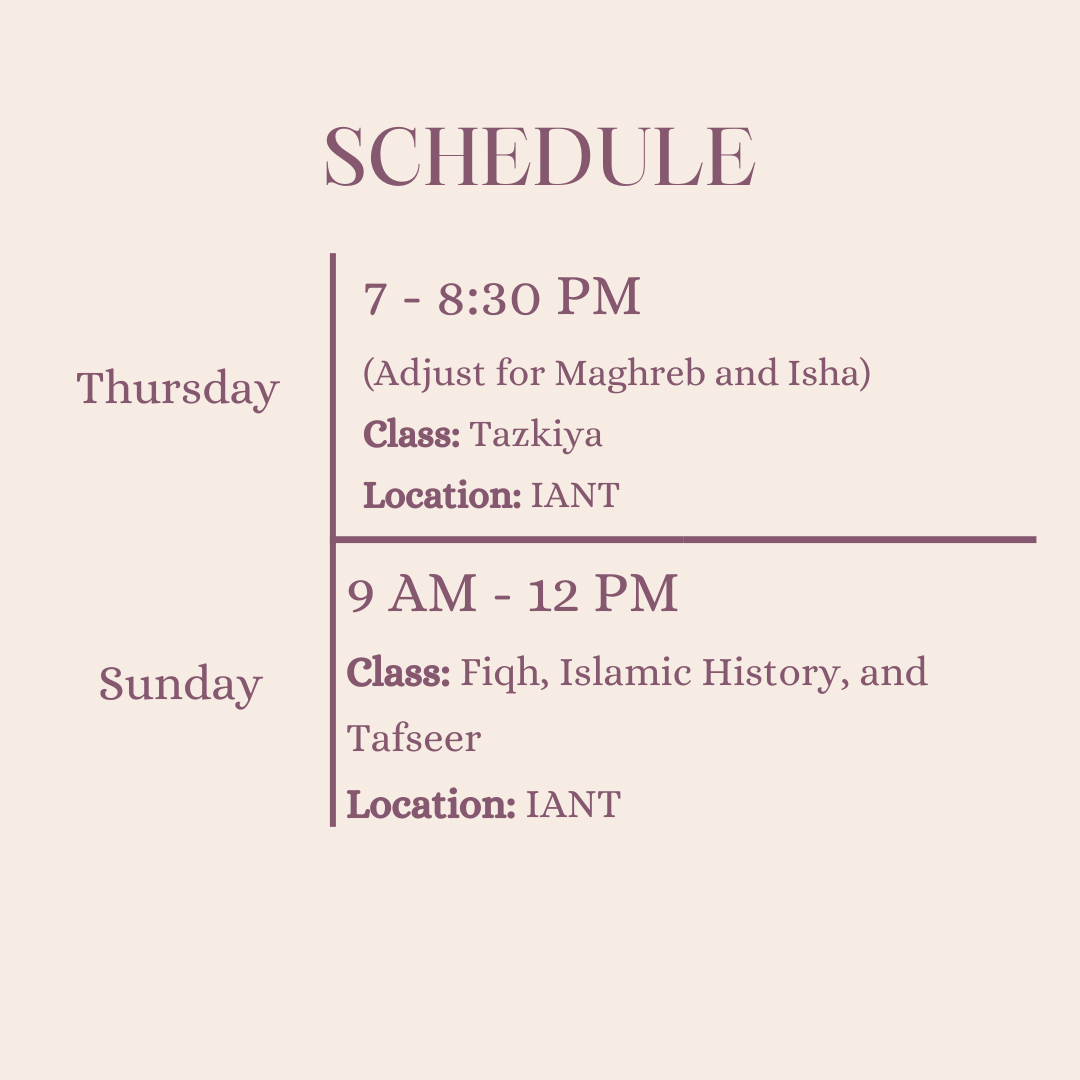
Bridging Traditional Islamic Knowledge with Shariah Compliant Activism:
Traditional knowledge and spirituality without sharia-compliant activism is like planting a tree without enjoying its fruits. Engaging in activism without traditional knowledge and spirituality can be detrimental to oneself and the larger community. The contemporary Islamic awakening suffers greatly due to these two extremes, so it is necessary to bridge this gap in a Shariah-compliant manner.
As Imam Ghazzali رحمه الله (may Allah have mercy on him) said in his famous work “أ يها الولد” (Ayyuhal Walad):
“العلم بلا عمل جنون والعمل بلا علم لا يكون”
“Knowledge without action is insanity, and action without knowledge is void”



Course Details (First Semester)
- Tazkiyah in the Postmodern World
Contemporary Islamic awakening suffers greatly due to insufficient emphasis on the core teachings of Tazkiyah. In post-modern times, where the entire centrality and authority is given to human feelings and ‘self’, Tazkiyah becomes extremely important because it is the branch of Islamic knowledge that deals with the “feelings” and “self” of human beings and how to make those “feelings” and “self” compatible with divine guidance.
-
- Books: We will review some chapters from the classical works by Imam Ghazzali in “إحياء” (Ihya) and Imam Ibn Qayyim in “مدارج” (Madarij) to understand their approaches regarding this important issue.
-
-
Book Club: On Monday Nights Dr. Asif will be conducting an optional book club where he goes over the book “مختصر منهاج القاصدين” (Mukhatasar Minhaj al Qasidin) by Imam Ibn Qudamah. More details will be available in the beginning of the semester inshaAllah.
-
- Fiqh
We cannot reinvent the wheel in learning Fiqh; therefore, we will follow the methodology of Fiqh scholars, i.e., by going through basic (مبتدئ) Hambali Material by Shaikh Aamir Bahjat “التأهيل الفقهي” (At-Taheel Al Fiqhi), which Dr. Asif Hirani translated for his students. We will be covering not only Fiqh, but Introduction to Fiqh (Madkhal), Principles (usul) & Legal Maxims (Qawaid).
-
- Books: We will use the same book “التأهيل الفقهي” by Dr. Amir Bahjat which is Translated by Dr. Asif Hirani.
- Islamic History 101:
Throughout the course of Islamic History, there have been a lot of struggles faced by the pious. Whether in position of power or knowledge. The struggles of their times were tough, but understanding them helps us as individuals understand how we got to where we are and how to think about what our priorities should be. From understanding the struggles of people such as Umar ibn Abdul Azeez to Imam Ahmad ibn Hanbal and Imam Al Ghazali, there is a lot we need to understand about the past before we understand the modern day. This course will go over their lives and the lessons we can take from their struggles in our time today.
- Tafsir and Usul-ut-Tafsir
We will be discussing the Tafseer of 40+ passages from the Quran that have a summary of the teachings of the Quran. Additionally, Dr. Asif has his own PPT that he used to teach his students for Usul-ut-Tafseer, which he will be covering.”
The following will be the schedule for the AMAL program for the first semester of the course. Please note that all times are listed in central time.

